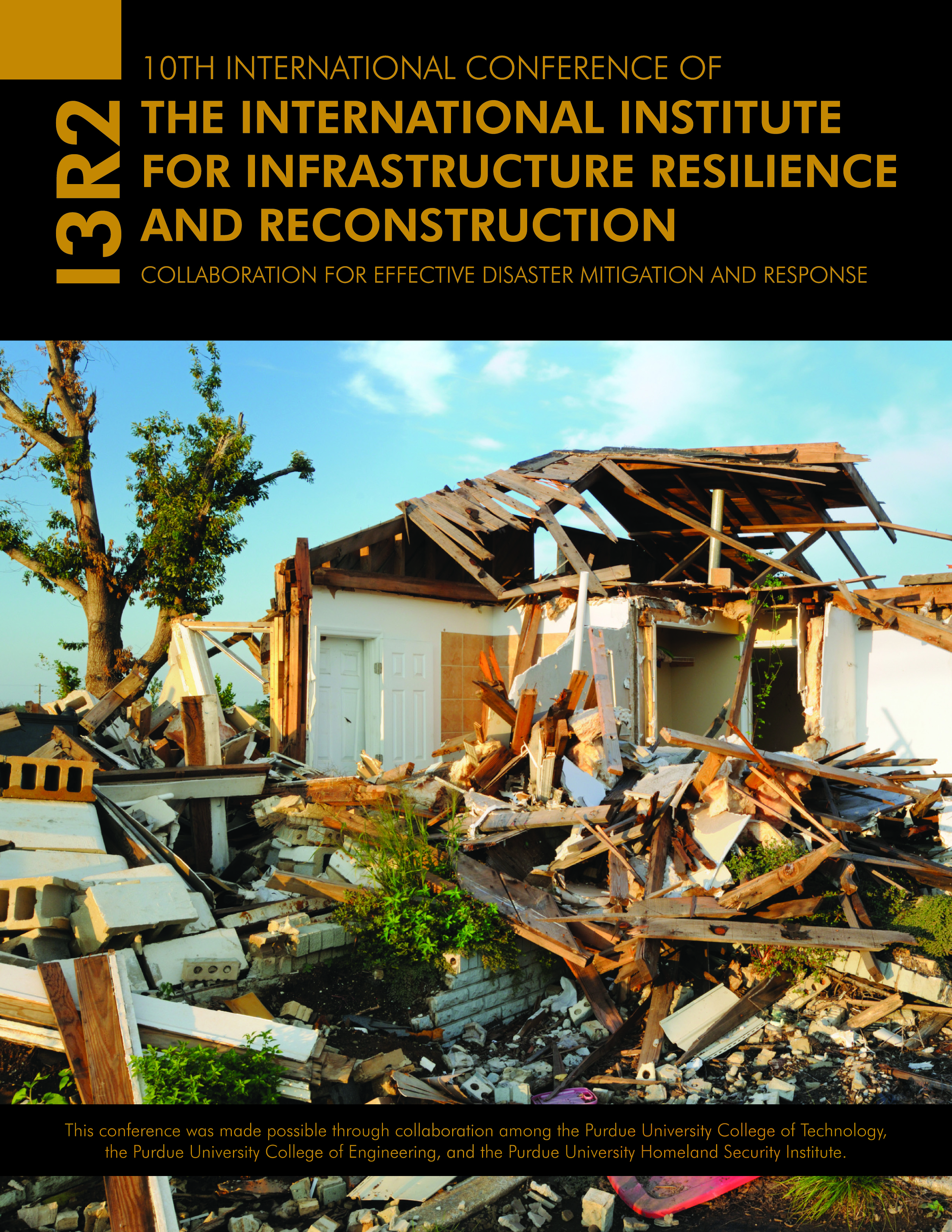Abstract
Non-English speaking workers constitute a disproportionately high number of workers involved in postdisaster reconstruction. Additionally, the rate of fatality among these workers is higher than the industry average. Research shows this population is more prone to unsafe behaviors in the working environment, conceivably because many of these workers are sent into the field prior to any formalized training. Recent studies show that the native culture of construction workers can impact risk-taking behavior. While numerous researchers have attempted to develop training materials for Hispanic workers, the number of studies that consider the impact of native culture on safety behavior is minimal. To answer this emerging knowledge gap, this paper develops a framework that will help to discern the influence of native culture, as well as other socioeconomic characteristics, on the effectiveness of safety trainings for non-English speaking workers. The formulation of this framework will pave the way for an enhanced understanding of the impact native culture plays on unsafe behaviors within a diverse workforce. Foreseeably, this understanding will play a significant role in developing culturally sensitive training materials in the future.
DOI
10.5703/1288284315367
Recommended Citation
Grosskopf, K.R., Esmaeili, B., & Javernick-Will, A. (2014). The Influence of National Culture on Effectiveness of Safety Trainings During Postdisaster Reconstruction. In Randy R. Rapp & William Harland (Eds.), The Proceedings of the 10th International Conference of the International Institute for Infrastructure Resilience and Reconstruction (I3R2) 20-22 May 2014. (170-175). West Lafayette, Indiana: Purdue University.
The Influence of National Culture on Effectiveness of Safety Trainings During Postdisaster Reconstruction
Non-English speaking workers constitute a disproportionately high number of workers involved in postdisaster reconstruction. Additionally, the rate of fatality among these workers is higher than the industry average. Research shows this population is more prone to unsafe behaviors in the working environment, conceivably because many of these workers are sent into the field prior to any formalized training. Recent studies show that the native culture of construction workers can impact risk-taking behavior. While numerous researchers have attempted to develop training materials for Hispanic workers, the number of studies that consider the impact of native culture on safety behavior is minimal. To answer this emerging knowledge gap, this paper develops a framework that will help to discern the influence of native culture, as well as other socioeconomic characteristics, on the effectiveness of safety trainings for non-English speaking workers. The formulation of this framework will pave the way for an enhanced understanding of the impact native culture plays on unsafe behaviors within a diverse workforce. Foreseeably, this understanding will play a significant role in developing culturally sensitive training materials in the future.



